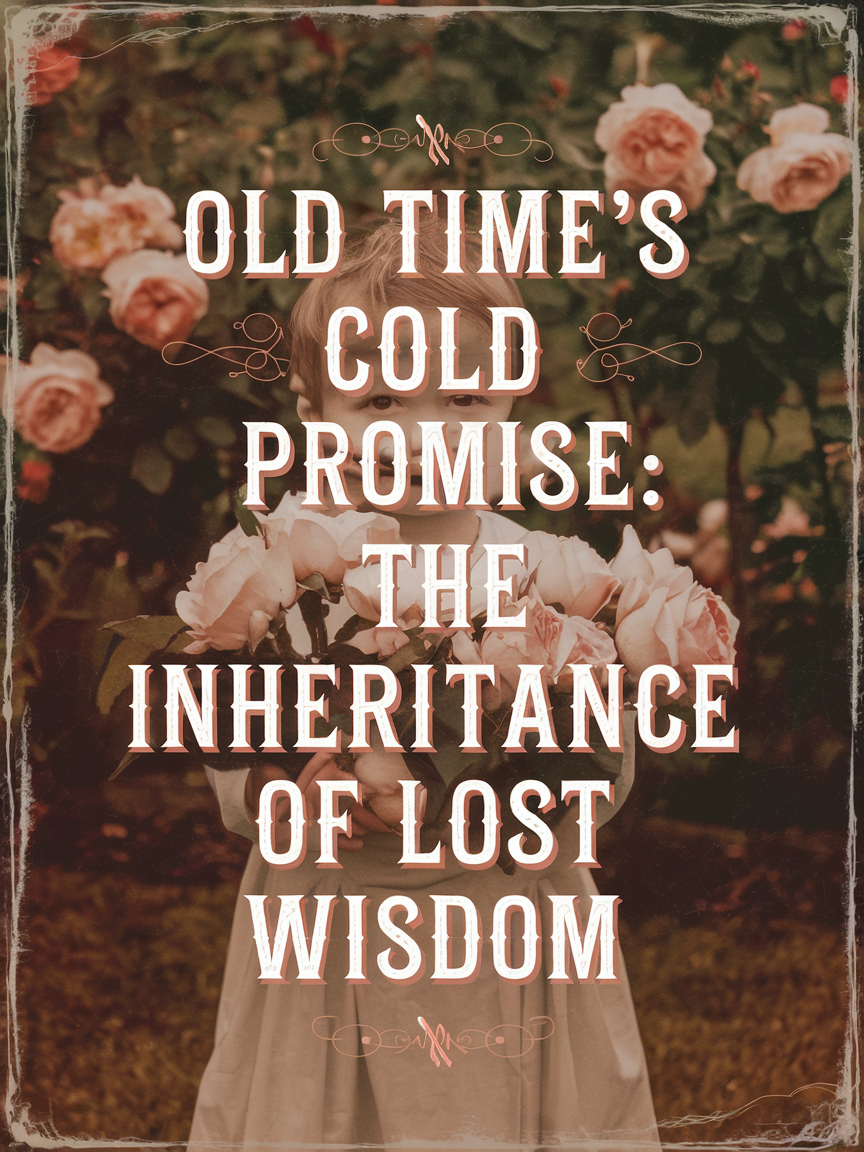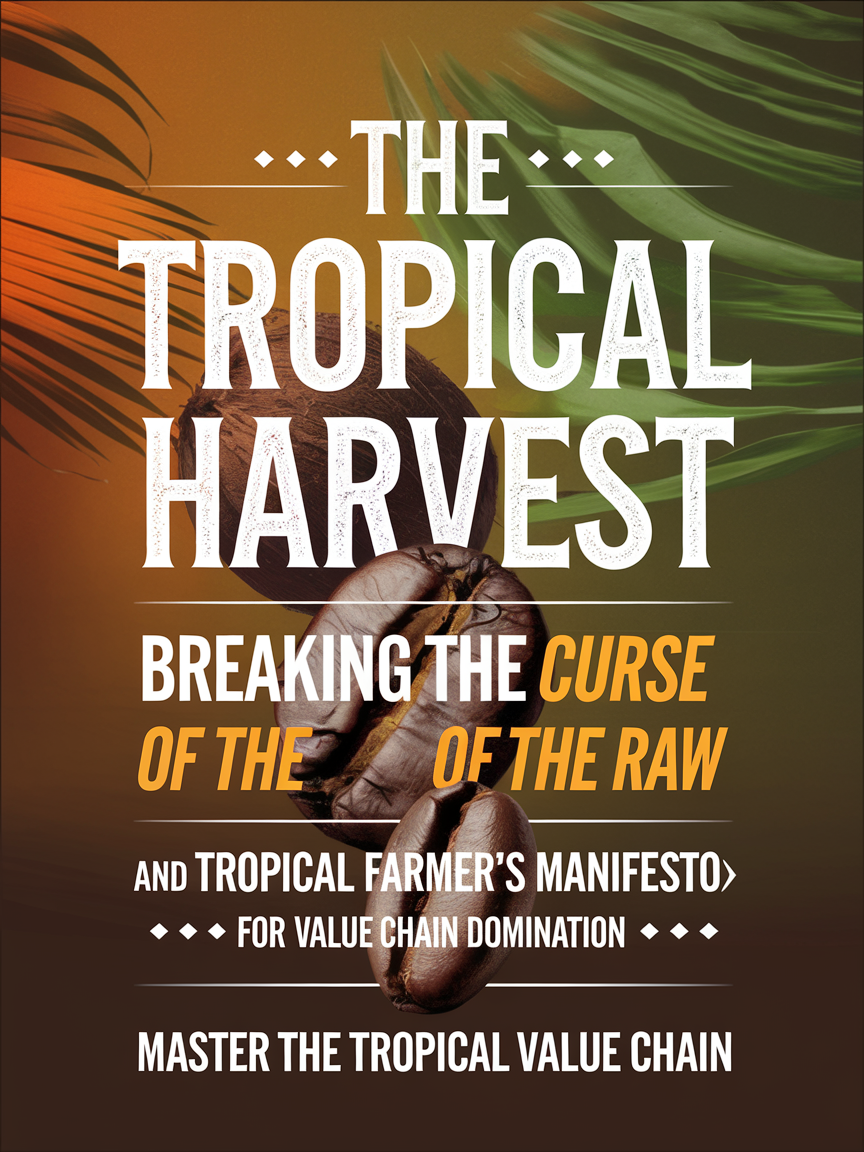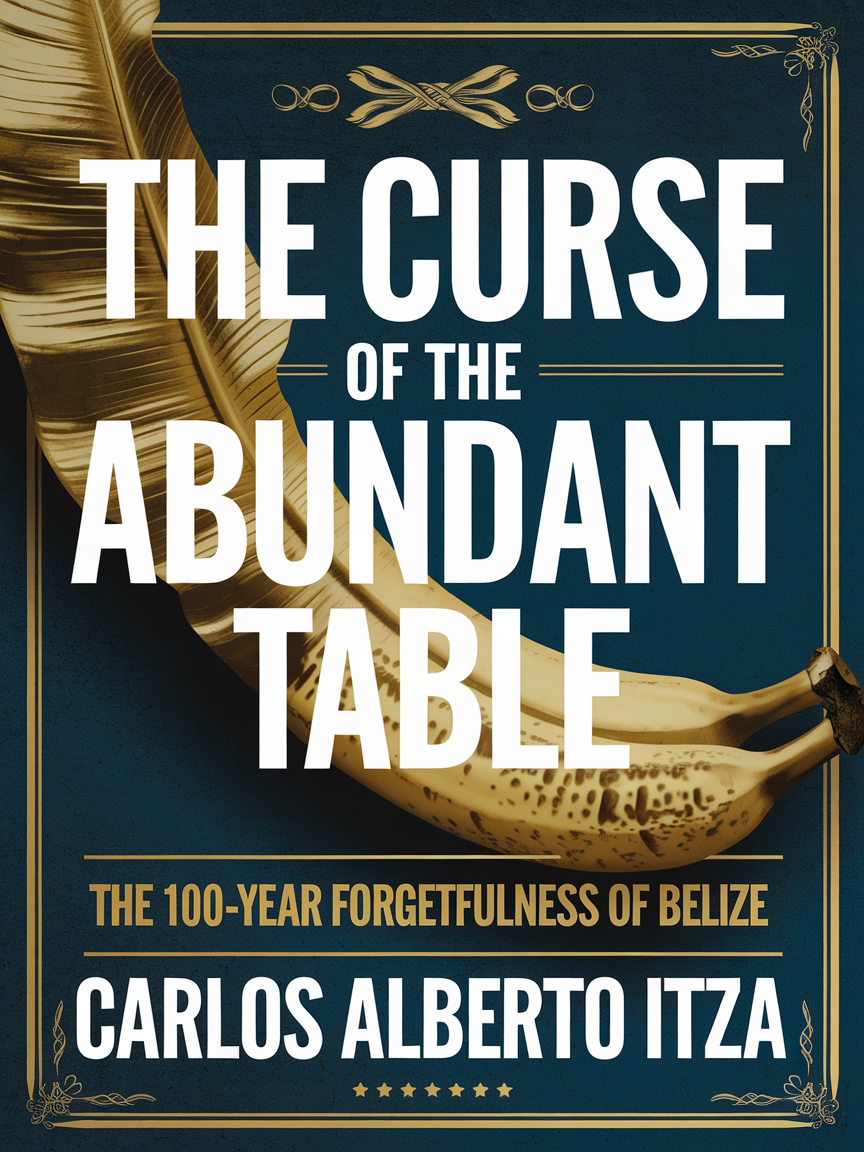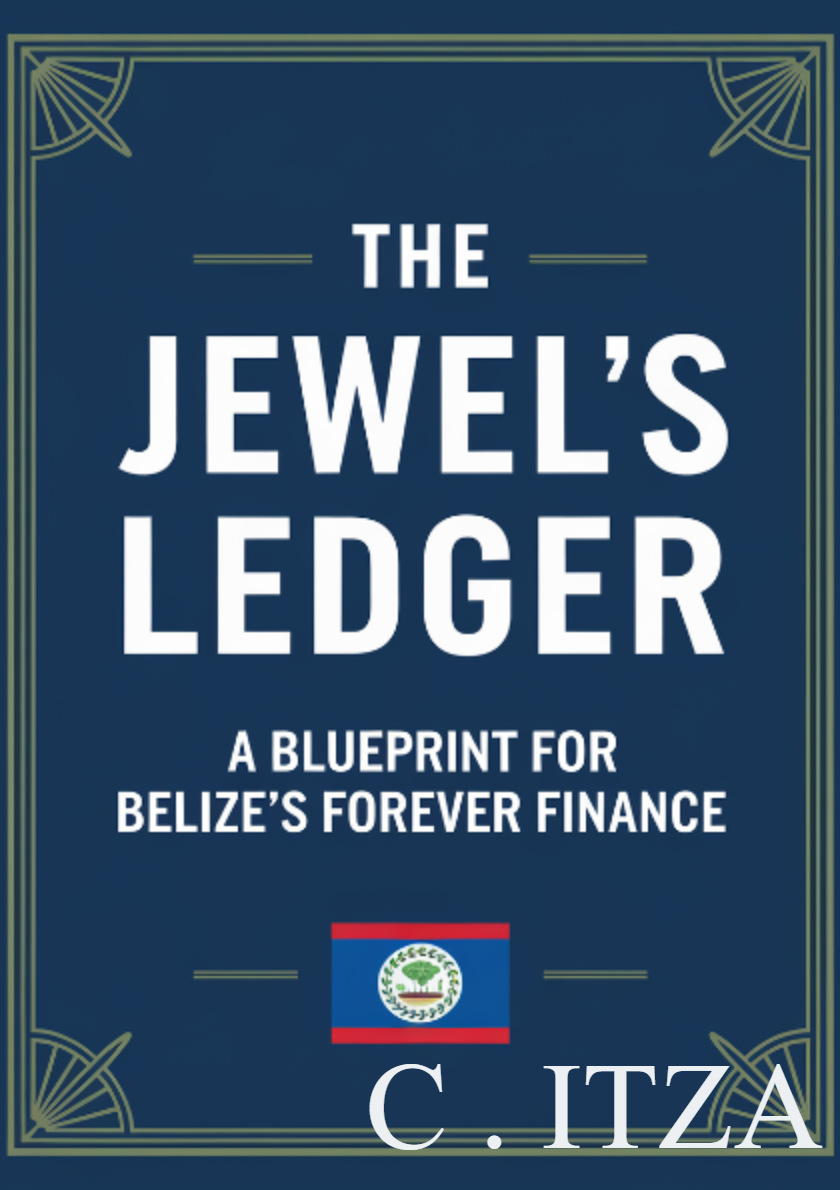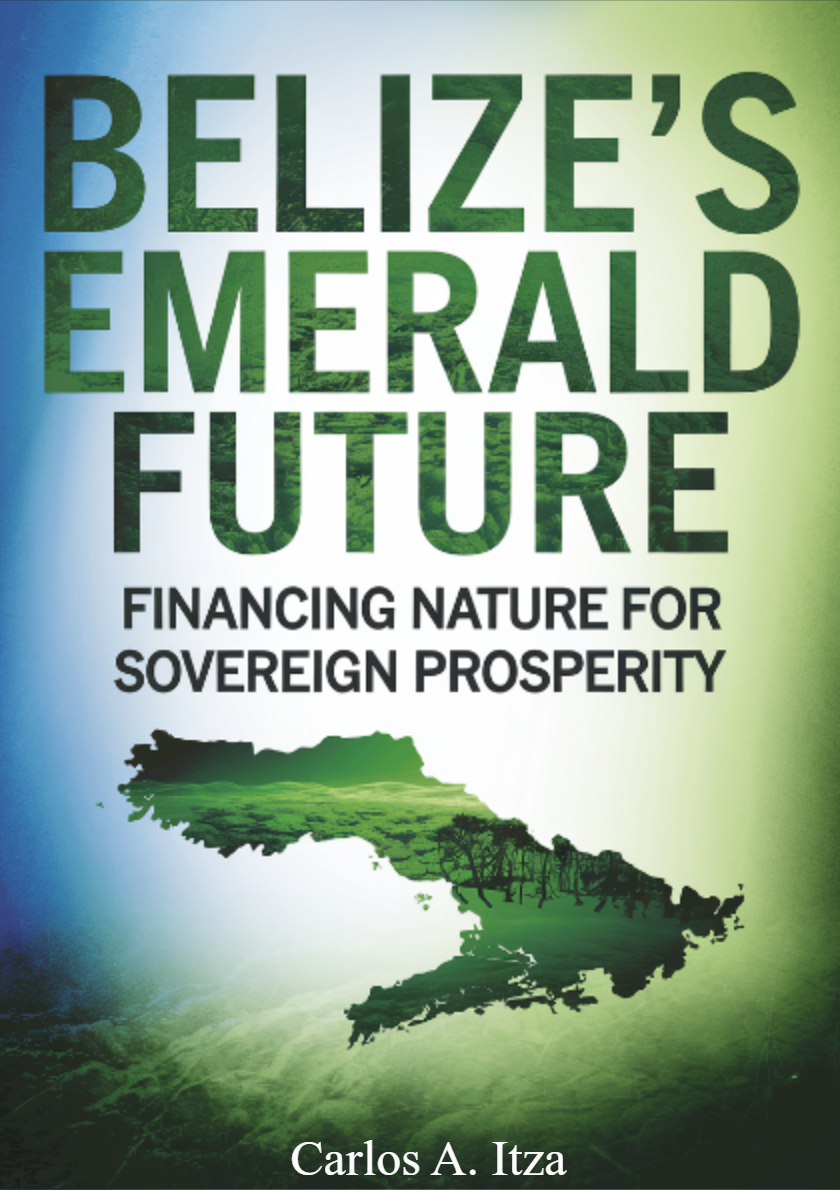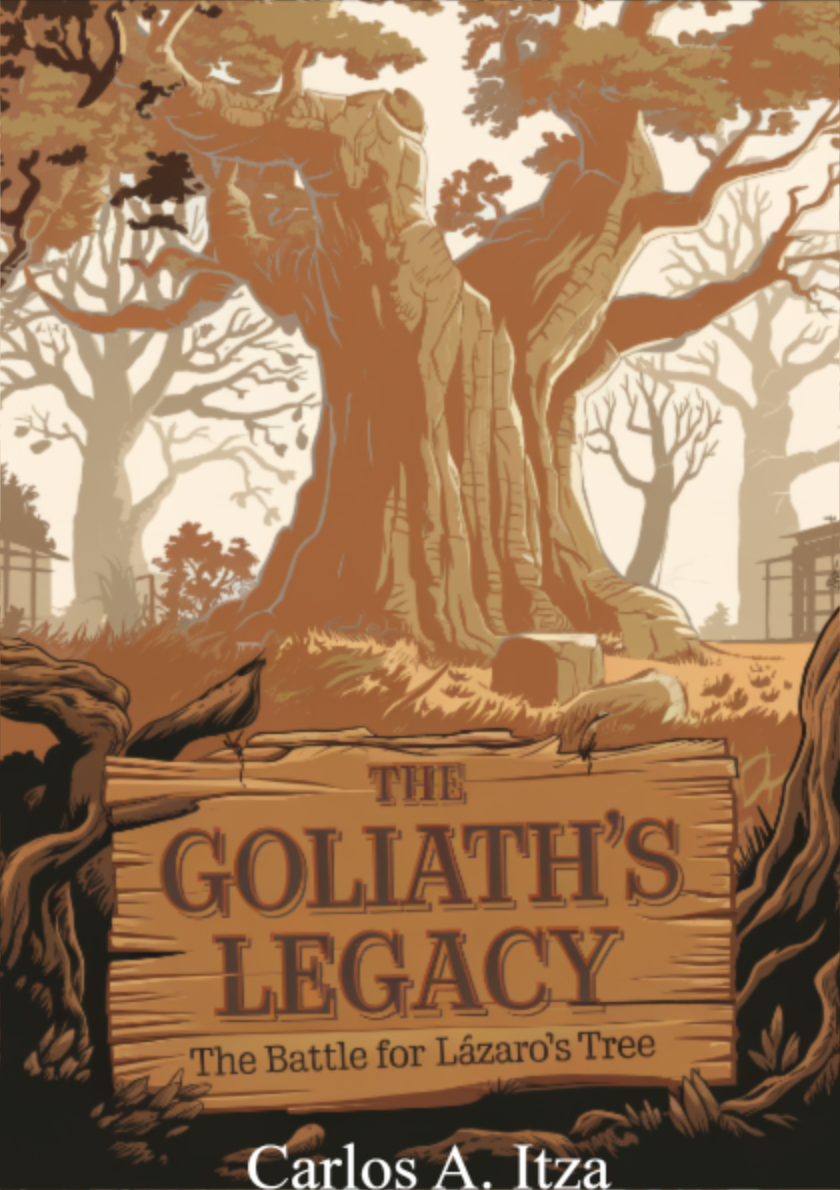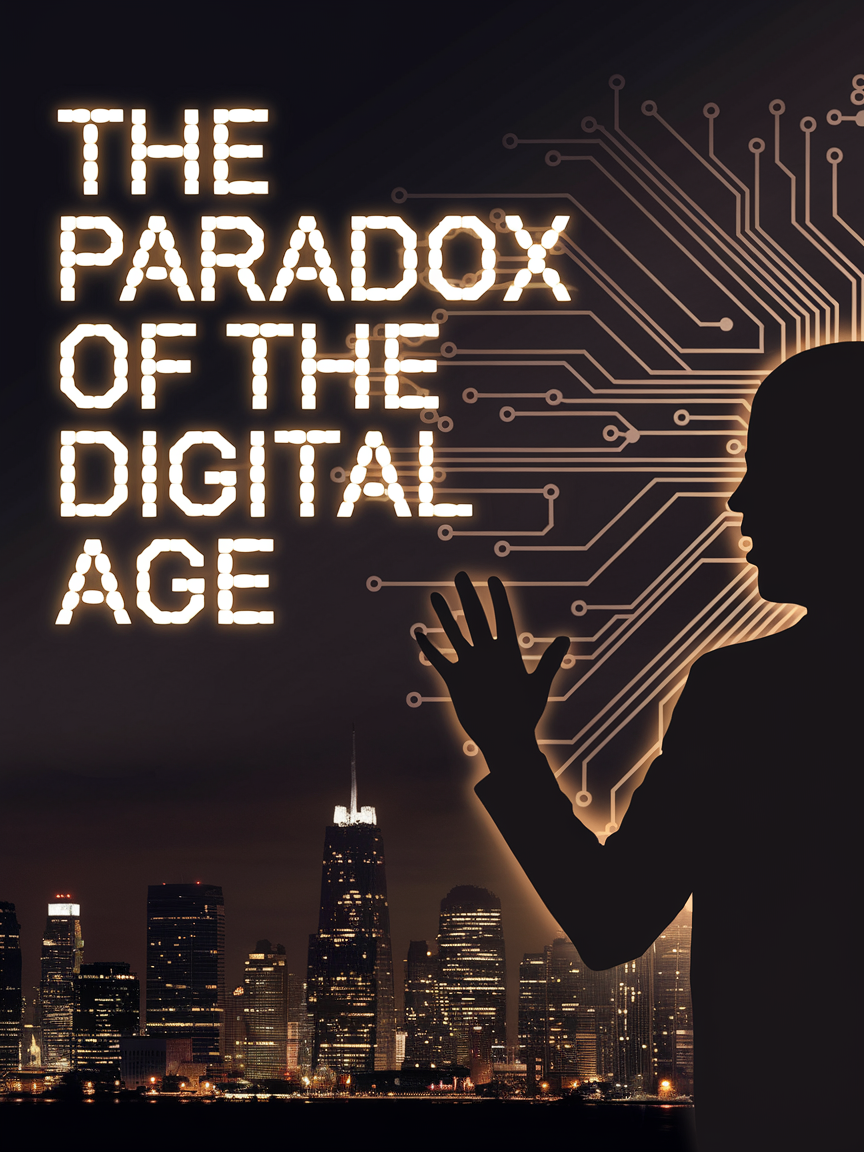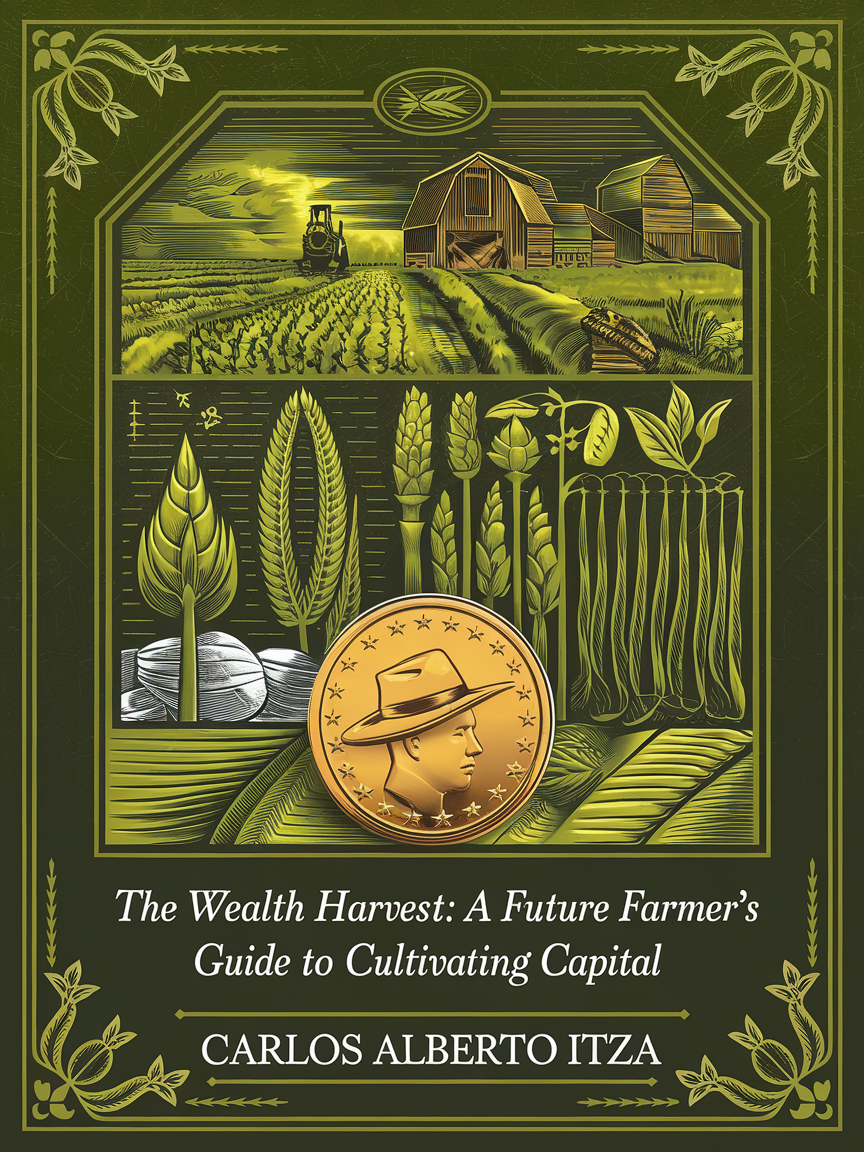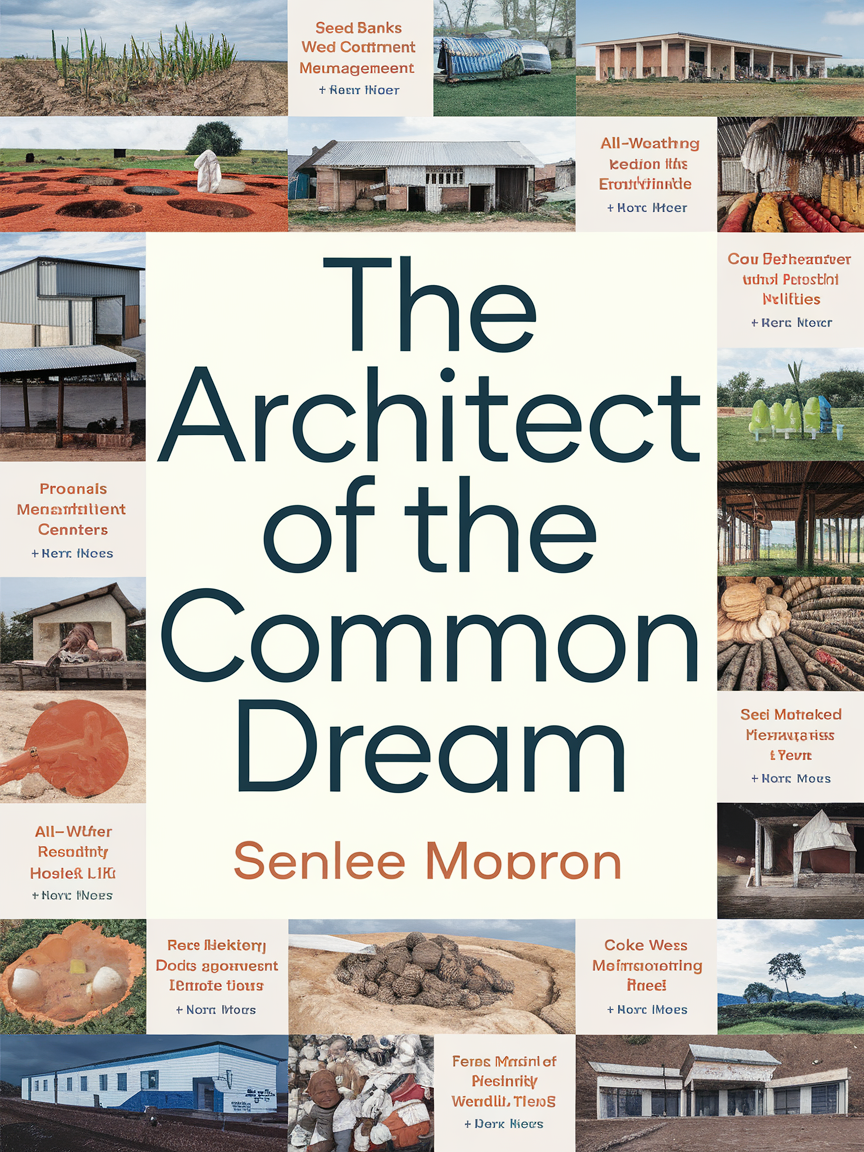Old Time's Cold Promise: The Inheritance of Lost Wisdom
0 reviews
Chapters
5
Language
English
Genre
Published
October 8, 2025
Synopsis
In Old Time's Cold Promise: The Inheritance of Lost Wisdom,' Carlos Alberto Itza offers a poignant and inspirational challenge to the prevailing modern parenting ethos of "comfortism" and the pervasive sense of entitlement it breeds. This timely work delves into the unintended consequences of prioritizing ease over effort, comfort over character, and immediate gratification over enduring resilience in our children. It calls parents, particularly Millennials and Gen X, to re-evaluate their approach, moving beyond superficial comforts to cultivate the deep-seated strength, responsibility, and grit essential for navigating a complex world. Simultaneously, Itza confronts the uncomfortable truth of our societal drift from the filial promise – the sacred duty to care for our elders. He exposes the ethical chasm created by the modern tendency to outsource or neglect the care of aging parents, a failure that diminishes not only the elderly but also the moral fabric of our communities and the legacy we leave for future generations. Through a blend of insightful observation and a call to action, this book inspires a return to foundational values, urging readers to reclaim the essence of character in parenting and the profound significance of honoring familial commitments, thereby strengthening both individual lives and the collective human spirit. We offer our children comfort as a reward for our past struggles, but what if comfort is the cruelest gift of all? Old Time's Cold Promise: The Inheritance of Lost Wisdom weaves together developmental psychology, economic data, and powerful narrative testimonies to dissect the dual crises facing the modern family: The Entitlement Epidemic among the young and the Loneliness Epidemic among the old. The narrative is framed by the life and legal battles of Dr. Anya Sharma, an expert in geriatric psychology forced to confront her own family's shortcomings. Part I: The Entitlement Trap (The Science of "Comfortism") Dr. Sharma lays bare the science of "comfortism," showing how a life born with all the facilities erodes the neurobiological pathways of effort and appreciation. The book illustrates how this environment leads kids to not make an effort of learning or appreciating their parents' sacrifices. The crisis explodes later in life with the ugly reality of children fighting for an inheritance they never worked for—a controversy fueled by the preference some unappreciative children receive over others who truly love and support their parents during their final years. Part II: The Broken Promise (The Crisis of Elder Care) The narrative shifts focus to the aged, illustrating the societal failure to uphold the promise of care. Through poignant testimony of people wanting to live with families, Dr. Sharma reveals the deep suffering of old people in loneliness—isolated from families even when receiving good services in an institution. The book uses medical and psychological research to argue the controversial truth: the emotional and cognitive stimulation provided by continuous familial interaction often means aged people live longer and healthier with family. The cost of their separation from family is measured not just in sadness, but in declining health and cognitive loss. Part III: The Lost Wisdom (The Time Constraint) This chapter focuses on the stark reality facing the sandwich generation: family has limited time to take care of them. The consequence is that invaluable old parent advice is lost—a tragedy for both generations, as decades of nuanced wisdom are left untapped. Dr. Sharma confronts the controversy of society not holding to the promise of taking care of the old ones, arguing that we have sacrificed the richness of the final chapter for the relentless pursuit of individual economic progress. Conclusion: The Intergenerational Contract The book ends not in despair, but with a blueprint for a renewed Intergenerational Contract. Dr. Sharma provides actionable, science-backed guidance for parents to cultivate gratitude and resilience in their children, ensuring they become heirs of character, not just capital. She advocates for a revolutionary rethinking of elder care, championing models that integrate the wisdom and presence of the aged back into the daily life of the modern family. The ultimate message is a powerful one: The greatest legacy we can leave our children is not wealth, but the appreciation required to earn it, and the love required to share it.
More Books by the Author
Create Your Own Book
Inspired by what you've read? Turn your ideas into reality with FastRead's AI-powered book creation tool.
Start Writing Now